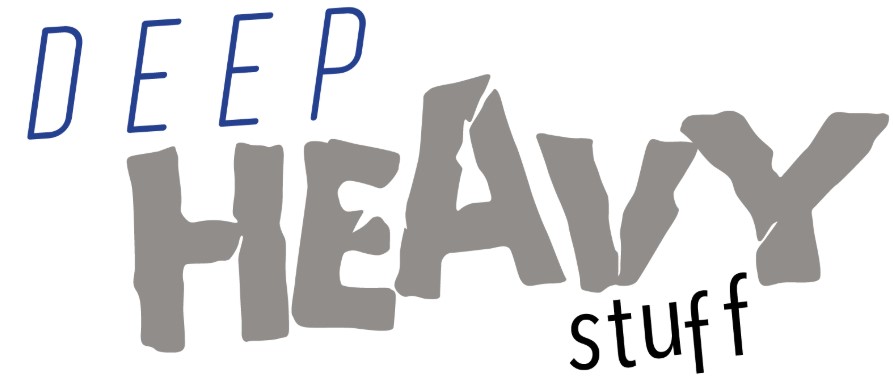I had just failed to land a job at the same company for the fifth time. I was an excellent fit for the job and probably the leading candidate, but the company had decided to eliminate the position.
But this failure didn’t phase me. It only hurt for a moment
because I had learned to bounce right back instinctively. In effect, I had
become immune to the enduring pain this once would have caused.
That evening, I took off for my two-mile power walk feeling
fine. But I must have been thinking about my recent failure. Something was
different this time. Typically, after a loss, I would quickly move on to the
next opportunity, plan, strategy, etc. And I would have the energy and the will
to pursue it.
But now, there was no next opportunity, and my desire to keep fighting was
gone. Near the halfway point of my walk, I came to a distressing revelation:
This challenge was coming to an end, and I had lost. I had
tried as hard as I could, but it wasn’t enough. It’s not as if I was quitting, but
the game clock had hit triple-zero, and this game was over.
I uttered a two-word prayer: I’m Done. It didn’t
mean I was done with life – more like life was done with me. And I wasn’t done
with THE CREATOR. It was just an admission that I could not continue in this
mission.
The walk back home was brutal. I thought about what this failure
would mean. I was working in a job that utilized none of my skills and was
failing tremendously at it. I hated it, and they were not pleased with me
either. They had tried to get me to quit four months earlier, but I had hung on
– by a thread. Now I was loosening my grip; I wouldn’t last there much longer.
I thought about what the next few years would be like having
lost this fight. I wasn’t afraid of hitting the bottom again. I had been there once
and survived. I was scared I wouldn’t have the strength to crawl back out of
the pit again.
But prayers are one of the great mysteries of life. We
think our prayers must be lengthy, eloquent pleas, filled with all sorts of bargaining
and reasons why we should receive the desired result. Yet, we see instances in
THE BOOK where people are so distraught, they can’t even speak the words, and
their prayer is still answered. We try to manipulate THE CREATOR by our
prayers, which is an absurd concept. Yet, we do this repeatedly, and it never
works out. I have come to believe that honesty is a crucial component of prayer
that we conveniently overlook. THE CREATOR wants us to be honest above all
else.
I’m Done on the surface seems like
such a feeble prayer. It lacks fervency. It lacks substance. It even lacks
faith. It is an admission of failure. It is a surrender. It is devoid of hope,
not even including a request.
But there was a lot of meaning packed into those two words.
It reflected four years of striving, four hard years of personal and spiritual
growth. I was a much different person than when this challenge began, but now I
sensed this struggle was coming to an end, and it was. The only redeeming
quality of this prayer is it was honest, brutally honest. I’m Done seems
so ineffectual, and yet it turned out to be the second most powerful prayer I
have ever uttered.
My instincts were indeed correct. I was done. This ordeal
was about to come to an end, but not at all how I expected. Three weeks later,
I received an email from a former colleague who said he wanted to discuss an
opportunity. I thought this would be contract work which I had discussed with him
previously, and that I was not interested in.
“We have a position coming available in a few
months. We’ve discussed it, and we think no one can do this job better than you.”
This, after not being in the industry for years. No resume.
No interview. Just boom! A job that fully utilizes my best skills. A job more prestigious
than the one I was suddenly separated from four years prior.
Now you could think I got lucky, but I believe many times “you
make your own luck”. I had crawled out the pit. I had stayed active. I had
stayed visible. I had made progress.
So often, we become frustrated at our lack of progress. We
dismiss only making it to the middle ground because we desire the top of the
mountain. But NEVER, NEVER, discount the progress that you have made. It is
valuable ground you have secured. And often, that middle ground provides you
with a launching pad to greater things.
I had lost every battle in this conflict. I had been
defeated every time. By definition, I was a loser. But I never saw myself as
one. I didn’t define myself that way. I pushed on regardless of prior defeats.
And in the end, I lost every battle – yet still won the war.







